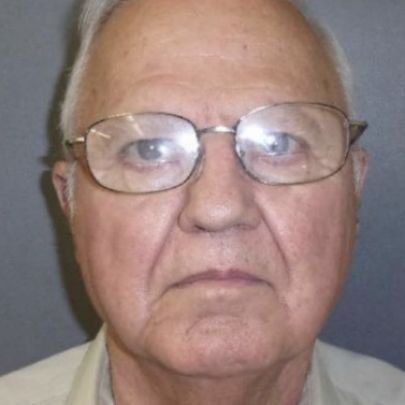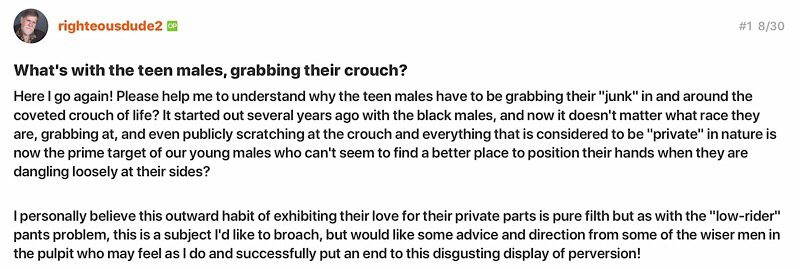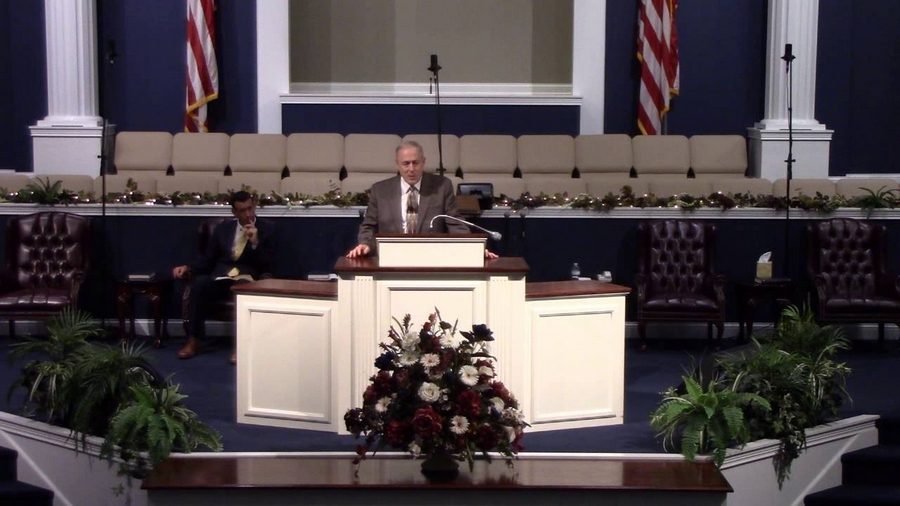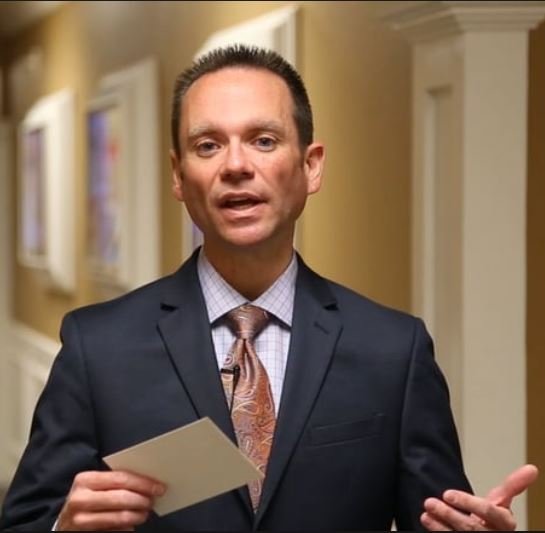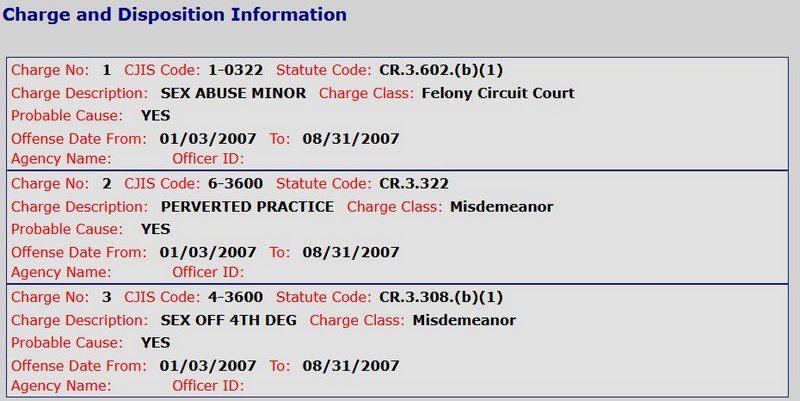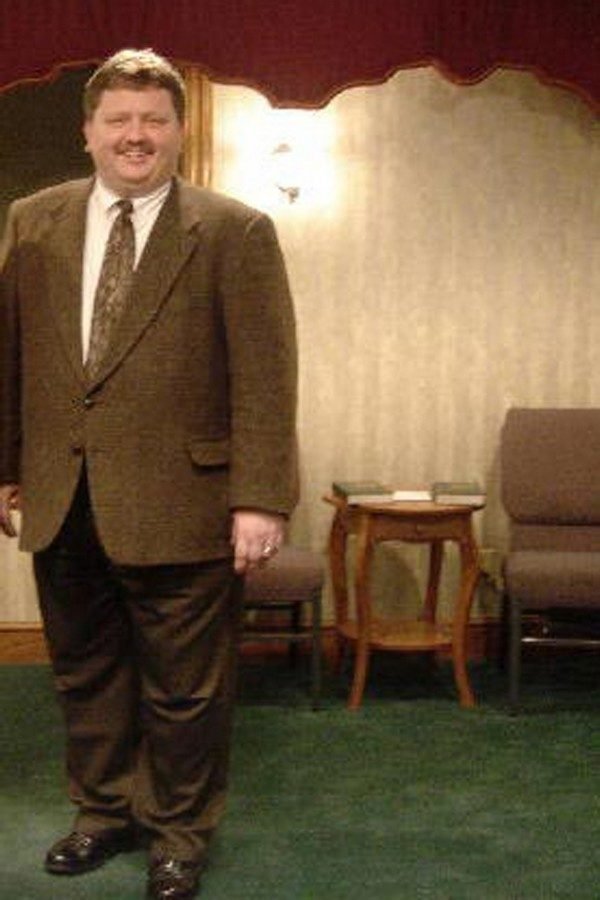
Originally published in 2015. Updated, corrected, and expanded.
The now-defunct Stuff Fundies Like posted a list written by Independent Fundamentalist Baptist (IFB) evangelist Phil Kidd detailing how a church should take care of a visiting speaker or evangelist. While those not raised in the IFB church movement likely are astounded at the list, I can assure you that Kidd’s ten points are standard operating procedure in IFB circles. Special speakers, Bible conference speakers, and evangelists are routinely treated like demigods. They are fawned over like movie stars are when drooling, wild-eyed fans come in contact with them. Fans of movie stars will stand in long lines hoping to get a glimpse of their favorite actor. If they are lucky, they might even get the opportunity to get an autograph. So it is in the IFB churches. It is not uncommon to see fawning church members seek out big-name preachers and have them sign their Bibles. Teenagers are encouraged to have these larger-than-life men sign their Bibles so they will remember years later that they heard so-and-so preach — a giant of the faith, a man mightily used of God.
Over the years, I heard countless speaker introductions that left the congregation with the impression that Jesus himself was the speaker for the night. These men are treated like royalty, given preferential treatment during their brief engagement at the local IFB church, college, or conference. During their stay, they will be given gifts, fed food fit for a king, and when they have finished preaching their super-duper, candy-stick sermons (those that are preached over and over), they will be rewarded with a large honorarium, sometimes totaling thousands of dollars.
As with public speaking bureaus, the IFB church movement has a contingent of preachers who travel the country speaking at conferences, college chapel services, and revivals. Some of these men are pastors who treat their special speaking gigs as an opportunity to make extra money. Some of these men make hundreds of thousands of dollars a year “humbly” speaking about the unsearchable riches of Jesus Christ. It’s been rumored that some of these men are millionaires as a result of their “sacrifice” for Christ.
I spent twenty-five years pastoring Evangelical churches in Ohio, Texas, and Michigan. Over the course of fifty years in the Christian church, I heard numerous Bible conference speakers, special speakers, and evangelists. I could spend the next week writing about my experiences with the IFB luminaries of my day. While I met men I considered faithful, thoughtful, and humble servants, I also met a fair number of men who were arrogant, full-of-themselves, shysters who were in it for power, prestige, and money. I will leave it to readers to determine what category I think Phil Kidd fits in.
While this post focuses on the IFB church movement, Evangelicalism, in general, has a similar problem. Traveling mega-church pastors and parachurch leaders are often treated like the best thing since Jesus turned water into wine. Often attracting crowds of thousands, these men and women make a financial killing through fees, honorariums, book and video sales, and the sale of Jesus Junk®. When confronted by the seeming vulgarity of their profiting off the ministry, these chosen ones remind their critics that it is God “blessing” them and that the laborer is worthy of his hire. After all, secular speakers make tens of thousands of dollars from giving speeches, why shouldn’t they be allowed to rake in the cash too?
Fine, but let’s quit pretending that these traveling preachers are doing the work of God. They’re not. What they’re really doing is using the gullibility of Christians and the pretext of preaching the Bible to pad their bank accounts, increase their retirement funds, and collect the trappings of an affluent lifestyle.
Over the years, I had more than a few occasions to talk to notable IFB preachers about coming to speak at one of the churches I pastored. I was astounded by some of their demands. Instead of being humble servants of God, many of these men expected to be treated like they were royalty. They often demanded thousands of dollars in speaking fees (honorariums), along with travel and housing expenses. They expected to be fed well and have their every need met while they were “sacrificially” preaching the word of God at our church. Rare was the man who was willing to come for a love offering, trusting God to meet his every need. And even when they were willing to come for a love offering, giving them a poor love offering was a way to make sure that they would never accept an invitation to preach at your church again.
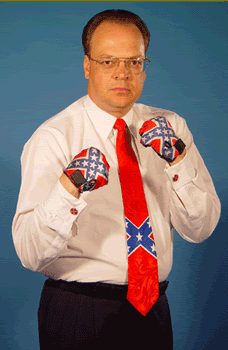
There was one man, however, who left me with a good example of how a traveling preacher should conduct himself. His name was Henry Mahan, then the pastor of 13th Street Baptist Church in Ashland, Kentucky. Mahan came to preach a two-night Bible conference for me when I was the pastor of Somerset Baptist Church in Mt Perry, Ohio. This was during my early days as a Calvinistic Baptist pastor. Mahan was a well-known luminary in Calvinistic Baptist circles, and I was delighted that he was willing to come speak at our church.
When Mahan arrived, he made it clear to me that he wanted no honorarium and no expense money. He told me that he would pay all of his own expenses. In fact, he paid the check every time he and I went out to eat. His reasoning? The church he pastored paid him more than enough money, and a man in his church provided him with a new Lincoln Continental every two years. He had no need for more money. I was astounded when he told me this, and when I insisted that he take an honorarium from the church, he made it very clear that he would not speak for our church if he was required to accept the money. Needless to say, in the twenty-five years I spent in the ministry, I never had another preacher tell me this.
As a preacher of the gospel, I never was comfortable telling a church or pastor that I had to have X amount of money before I would come preach. I felt it my duty and obligation to preach every time I was asked. In fact, I never turned down an invitation to preach. Did I have some churches and preachers take advantage of my willingness to preach on the cheap? I’m sure that happened, but I determined at the beginning of my ministry that I would never allow money to dictate whether I would preach for someone else. There were times that preaching revival for a small church cost me more money in travel expenses than the church gave me in the love offering. While I knew that some churches were notoriously cheap, I never let that stand in the way of an opportunity to preach. (And, in retrospect, I wish I had worried a bit more about money.)
I should also note that tax fraud is quite common among traveling preachers. Driven by greed and hatred for the government, expenses paid by the church are often not recorded, and I had several preachers tell me that they preferred their offering in cash. In THIS God we trust, right? One man told me preferred gold, but cash was okay too. Churches are required to give special speakers and evangelists a 1099 form for income tax purposes, so paying God’s chosen ones in cash means no 1099, no taxable income. I gave one such man more than $1,000 in a brown paper bag. I know for a fact that he “humbly” bragged about stiffing the government. Yes, the Bible says to render to Caesar the things that are Caesars, but it doesn’t say how much, right?
Do you have a story to share about your experience with a special speaker or evangelist? Please share your story in the comment section.
Bruce Gerencser, 68, lives in rural Northwest Ohio with his wife of 47 years. He and his wife have six grown children and sixteen grandchildren. Bruce pastored Evangelical churches for twenty-five years in Ohio, Texas, and Michigan. Bruce left the ministry in 2005, and in 2008 he left Christianity. Bruce is now a humanist and an atheist.
Your comments are welcome and appreciated. All first-time comments are moderated. Please read the commenting rules before commenting.
You can email Bruce via the Contact Form.



